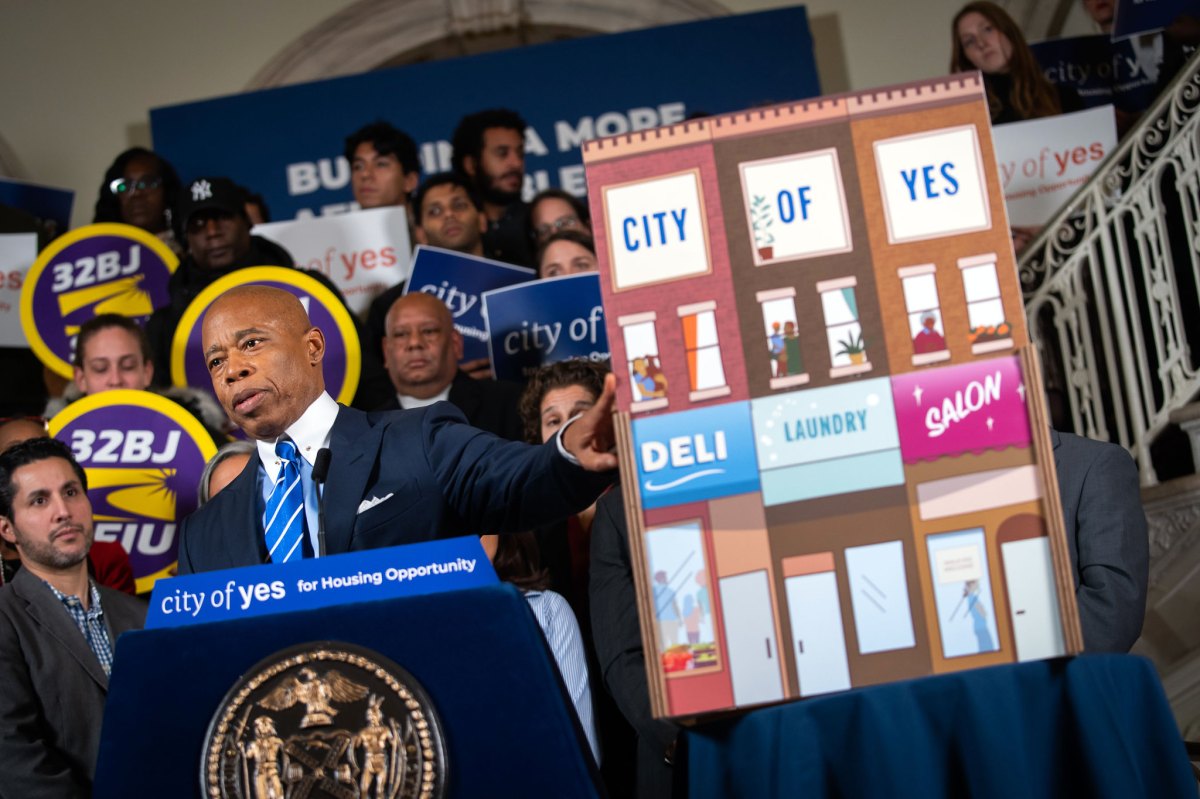I’m in preliminary talks with my landlord about a buyout of my rent-stabilized apartment. I’ve read different things about how the payment is taxed — ?either as regular income or as capital gains. Which is it?
There’s a reason you’ve read conflicting accounts on this issue, and that’s because the answer, according to our experts, is that it varies.
First off, why does it matter how it’s taxed? Depending on your income, you could wind up paying more if the buyout is considered regular income versus capital gains. Taxed as regular income, you can expect to pay anywhere from 15 to 40 percent in combined federal, state and city income taxes, says Mindy Espinosa, an accountant with BGS Services. The capital gains rate, on the other hand, works out to 32.7%: a federal rate of 20%, plus a 3.8% federal Medicare tax on unearned income, and a combined New York State and New York City rate of 8.9%, says Charles Baller, a tax partner at law firm Wolf Haldenstein Adler Freeman & Herz.?
Now, which is it?
A lease for a rent-stabilized apartment is a contract, and generally, any profits from the sale of a contract — which is essentially what you’re doing in a buyout situation — are recognized as capital gains, not income, Baller says. “If you sell a leasehold or if you sell a contract, that’s the sale of a capital asset,” and thus, subject to taxes on capital gains.
However, even the experts aren’t on the same page: some say there are circumstances where a buyout could be subject to income tax.
“The tax laws and substantive case law has established that a tenant buyout could be considered capital gains, if the underlying property is used in a trade or business or for investment purposes,” says Lester Caesar, a Manhattan-based CPA who deals with real estate matters. “Unfortunately, rent-stabilized apartments are usually used for personal usage” and are not a business asset. “Hence, the tax law provides the buyout to be taxed at ordinary income rates,” he says.
(Baller disagrees, pointing out that, “A house is used for personal purposes, and when you sell a house at a gain, it’s capital gains.” Caesar was not available to comment further by deadline.)
“It could be either depending on how the deal is structured,” says real estate attorney Steven Wagner of Porzio Bromberg & Newman. He makes sure to write the agreements so that it’s clear the “payment is for termination of the tenant’s right of renewal [of the lease], cancellation of the lease and delivery of possession” of the apartment,” he explains. “Sometimes the paperwork is not clear that the payment and the surrender are connected and it appears that the termination by the landlord is the result of a bona fide violation of the lease and that the payment … is in exchange for settlement of an unrelated claim.”
Bottom line: It’s best to go over the details of your specific situation with a tax professional and run your buyout agreement by a lawyer.
“This is a very technical area of the law and tenants should not simply assume that the surrender of the lease in a ‘buyout’ is going to be treated as a capital gain and taxed at capital gains rates,” Wagner says. “There is no guarantee that it will be taxed at capital gains rates and anyone considering a buyout should consult with a qualified tax advisor with respect to his or her specific situation.”
Leigh Kamping Carder is a senior editor BrickUnderground.com, the online survival guide to finding a NYC apartment and living happily ever after. To see more expert answers or to ask a real estate question, click here.

































